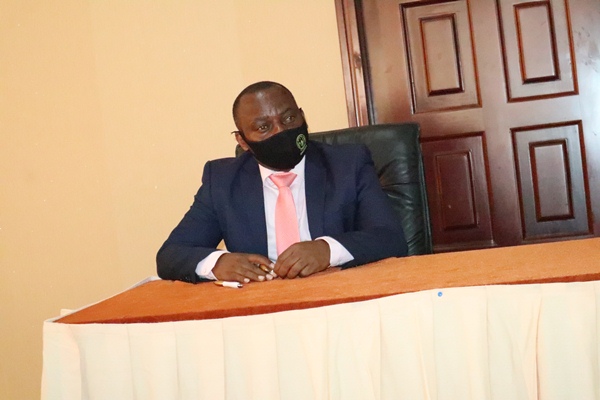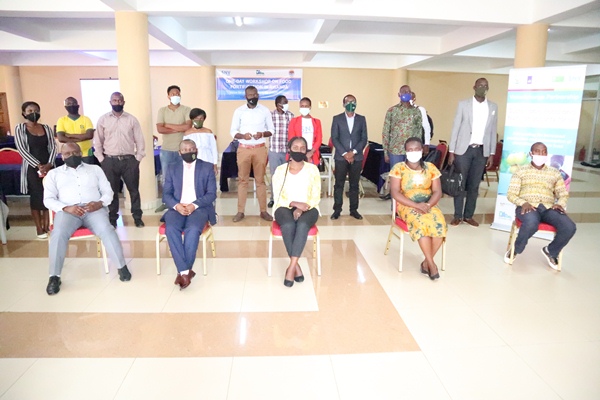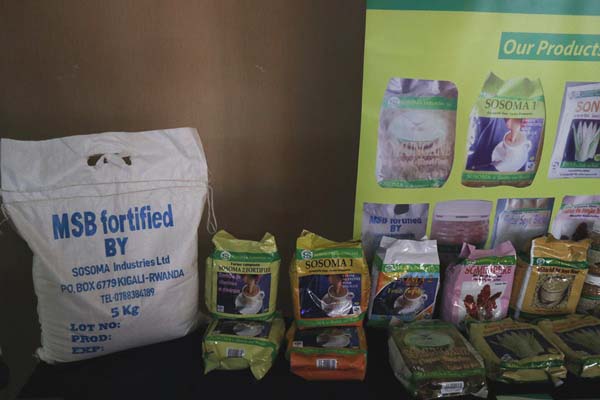
The various support programs for the vulnerable should prioritize the purchase of fortified / biofortified foods, as this is a way to provide rich foods for the human body, while expanding the market of buyers, according to Paul Mbonyi, Program Officer within ADECOR (Association for the Defense of the Consumer in Rwanda).
ADECOR is a partner in the implementation of the V4CP project (Voice for Change Project) funded by the Dutch Development Agency with the support of the Dutch Ministry of Foreign Affairs.
The other Rwandan civil society associations participating in the implementation of the V4CP Project are Imbaraga, Duhamic ADRI, RDO, Caritas, SunAlliance.
“It is time for industries involved in agro-livestock processing or fortification / biofortification to understand the merits of developing rich, whole-grain foods, and follow the standards of fortification. For this, these industries will have to increase investment in the fortification chain,”said Paul Mbonyi.
He made these remarks during a one-day workshop that brought together civil society associations implementing the V4CP Project, as well as the various governmental, non-governmental or private institutions concerned with nutrition and fortification, especially that fortification is a way to fight against malnutrition, by associating with it the companies which develop these fortified foods, in particular the products manufactured in Rwanda within the framework of the initiative “Made in Rwanda”.

“We need to see how companies can get into fortification programs, let it be known that there are laws that have been put in place by the Food and Drugs Office (FDA). These laws provide information on what foods can be used to improve them through fortification and give them to infants and nursing mothers. These foods made in the industries are corn and wheat flour, sugar, salt, oil,” he continued.
The laws show how industries are working to improve nutrition, how various partners are working together towards this goal to deal with hygiene and sanitation related diseases, diarrhea, and malaria.
Expert Mbonyi recognizes that there are challenges to fortification.
The first challenge is that fortification industries are few. This makes fortified foods expensive. Many households do not have access to these products because they do not have enough money.
The second challenge is that many Rwandans do not know the importance of consuming foods obtained through fortification. Even those who have the capacity to procure these foods don’t care about it. They prefer to buy other food.

Fortified food products on the local market
The third challenge is that industries have little financial, technological and equipment capacity.
As a recommendation, again according to Expert Mbonyi, government institutions should strengthen the industries involved in fortification by providing them with technologies and linking them to supporting financial institutions.
“But we will focus on supporting companies that are still young by helping them improve standards. The various support programs for the vulnerable and for young people in community development centers, secondary and higher establishments, school feeding program, will focus on the purchase of fortified foods. Civil society will advocate for those with the least capacity.
Nutrition projects will be prepared with a focus on fortification, “the Program Officer within the Association for the Defense of the Consumer added. (To be continued…)
